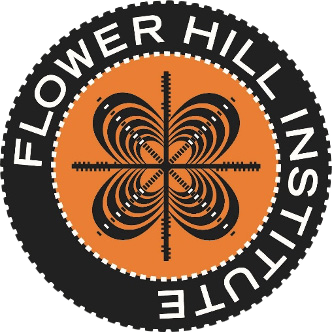OPIOID ADDICTION RESOURCES
What Are Opioids?
According to Johns Hopkins Medicine, Opioids are a class of drugs naturally found in the opium poppy plant and that work in the brain to produce a variety of effects, including the relief of pain with many of these drugs.
Opioids can be prescription medications often referred to as painkillers, or they can be so-called street drugs, such as heroin.
Many prescription opioids are used to block pain signals between the brain and the body and are typically prescribed to treat moderate to severe pain. In addition to controlling pain, opioids can make some people feel relaxed, happy or “high,” and can be addictive. Additional side effects can include slowed breathing, constipation, nausea, confusion and drowsiness.
To learn more about the different types of opioids, visit Foundation for a Drug-Free World or Centers for Disease Control and Prevention for more information.
On average, 115 Americans die every day from an opioid overdose
PREVENTION
The most effective way to prevent any type of drug abuse or dependence is to arm yourself with knowledge. Prevention has to begin with the providers who proscribe the drug and continue to the public in making sure they are aware of the consequences and dangers of the drug.
Around 66% of the more than 63,600 drug overdose deaths in 2016 involved an opioid.
TREATMENT
Most hospitals provide an evaluation and assess the patient’s primary need and then connect him or her to the right treatment that best addresses their unique needs. Flower Hill Institute is helping Tribes create their own treatment centers to address the growing problem of opioid abuse in Indian Country.
In 2016, 1 in 5 deaths among young adults were opioid related.
RESOURCES
If you are currently using opioids, you can increase the risk of infection and overdose by using around friends who can call 911, using needle exchange programs, and having a dose of Naloxone on hand. We encourage you to seek help for your addiction by using the link below to find a treatment center near you.



